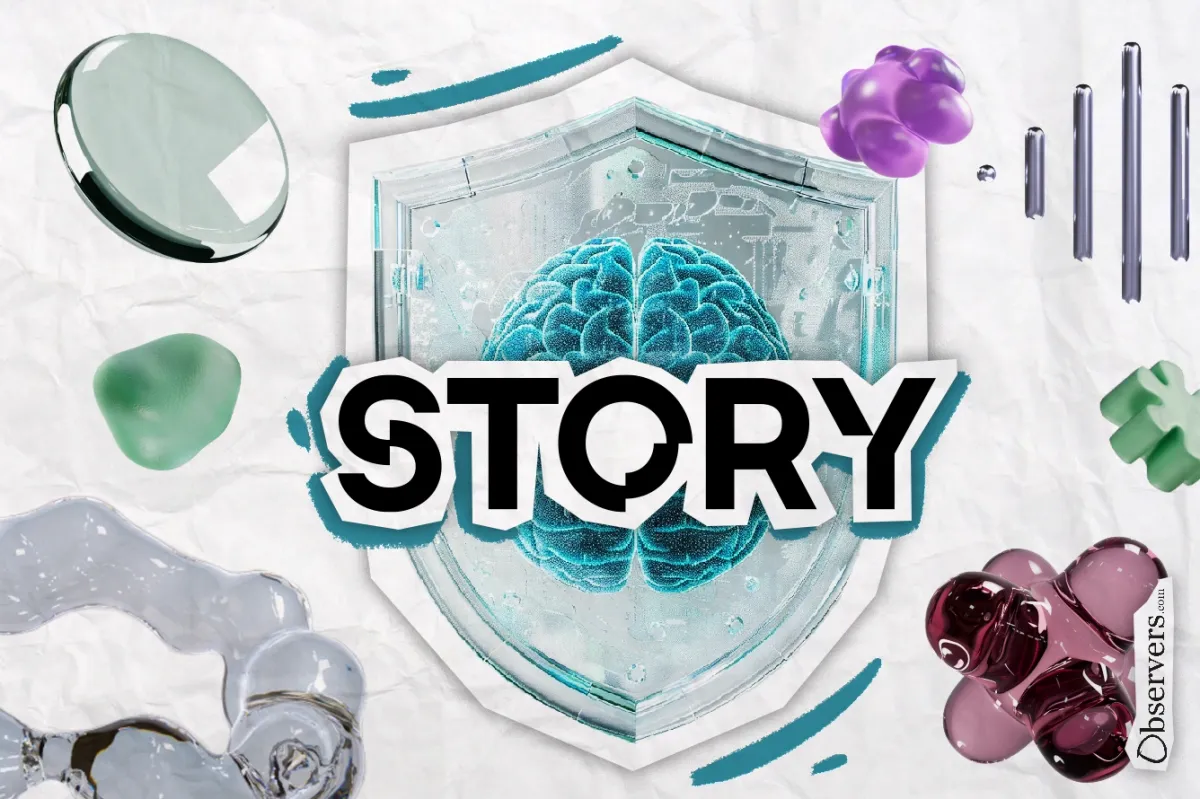
As AI grows, so does its Intellectual Property (IP) problem. So, to make it smoother for AI tools to use original content, Story Protocol is developing the world's first IP blockchain.
Announced last week, Story Network is an EVM-compatible Layer 1 blockchain that claims to ensure creators' rights without restricting the dynamic ways in which content evolves online.
Co-founder S.Y. Lee describes Story as a "solution to tokenize the multi-trillion-dollar asset class of intellectual property, making it programmable, sovereign, and liquid— transforming the internet into an IP Legoland."
The blockchain's architecture consists of "IP Legos," data structures that store IP metadata, allowing provenance to be tracked, and "modules" that make IP a composable asset. These enable a suite of new functionalities, such as scalable licensing and shared revenue streams.
"Story is making it extremely seamless for creators to register IP, and for anyone in the world to see their terms programmatically, making the legal system more efficient and just by making everything explicit and pre facto so that these problems never occur," explained another co-founder, Jason Zhao.
Story isn't the first project to try to secure fair remuneration for creators or the first to improve the muddy, high-friction IP legal system. Most of those who have attempted it either failed or achieved only mildly successful results in niche environments. However, the upcoming IP chain has something going for it that others haven't—demand.
A Solution for AI's IP Problem
Showcasing the value proposition of Story, Zhao said: "I could easily right-click save as Getty images, but I don't. The NYT chooses to pay for it even though they could rip it off. Why? Because it is easier to do that than to get sued, and also reputation matters."
When people find a way of having something that costs money for free, they won't pay for it. Companies, as legal and audited entities, can't afford to do the same.
Generative AI training - collecting and processing data from billions of images, text, and sound - comes with risks. From sourcing incorrect information to incorporating biased assumptions, one consequence that bears significant legal costs is using unlicensed IP.
For the past two years, there have been a number of lawsuits accusing AI tools of appropriating original work from artists and content creators.
In one of the most high-profile cases, last month, Scarlet Johanson sued OpenAI for creating a voice assistant that resembles her voice in the movie "Her" without permission.
Zhao, Lee, and Story's third co-founder, Jason Levy, came up with a new solution as Johanson's and other similar cases wait for a trial resolution. According to them, the fundamental issue is not the training models of AI tools but the IP legal system. "Instead of leaning into the fundamental force of the internet—openness—most IP models emphasize a defensive stance, adding friction to the creative process."
Story makes it easy for AI companies to follow IP law, reducing the risk of being accused of infringing IP rights. As one user on X put it, "The objective isn't to make it impossible to break infringement laws; it's to create an easy avenue to follow them."
This is no small deed. Besides helping AI companies reduce legal costs, which the Harvard Business Review says can reach $150,000 for a single unauthorized use, Story also makes it possible for AI tools to prove that their training data is adequately licensed, strengthening reputation and potentially unlocking billions of dollars in product differentiation.
The Fight For Original Content
While there have been many lawsuits against AI companies for IP rights infringement, they are a drop in the ocean compared to the billions of content from smaller creators who lack the funds to challenge these multi-million dollar AI enterprises.
Lee asked: "If OpenAI is training on all the world's creative and intellectual outputs but taking all the upside, who will have the incentive to continue to produce valuable creative and intellectual works?"
By creating an open network where anyone can seamlessly register original work and set the terms on which it can be commercialized, Story reduces the cost of IP protection for small players.
This means a much bigger and more diverse market, which is why the co-founders insist that Story Network will be "tokenizing a multi-trillion dollar asset class."
In September 2023, the protocol raised $54 million in funding led by a16z, along with the likes of Endeavor, Samsung, Paris Hilton's 11:11 Media, among others. Senior VP at Endeavor Ben Enowitz said, "Artists and fans are integral to any successful IP franchise, and Story Protocol will power platforms that allow them to participate in the creative process."

